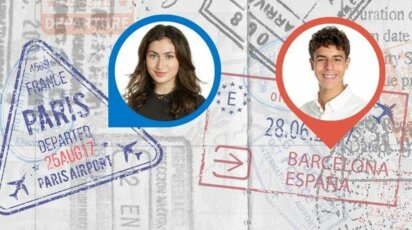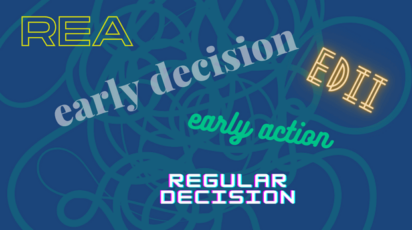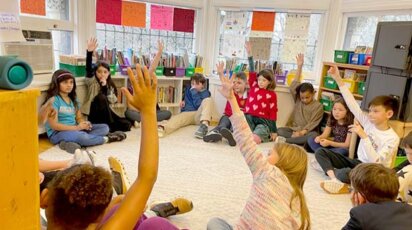News
Writers’ Block Presents Poet Allison Hutchcraft
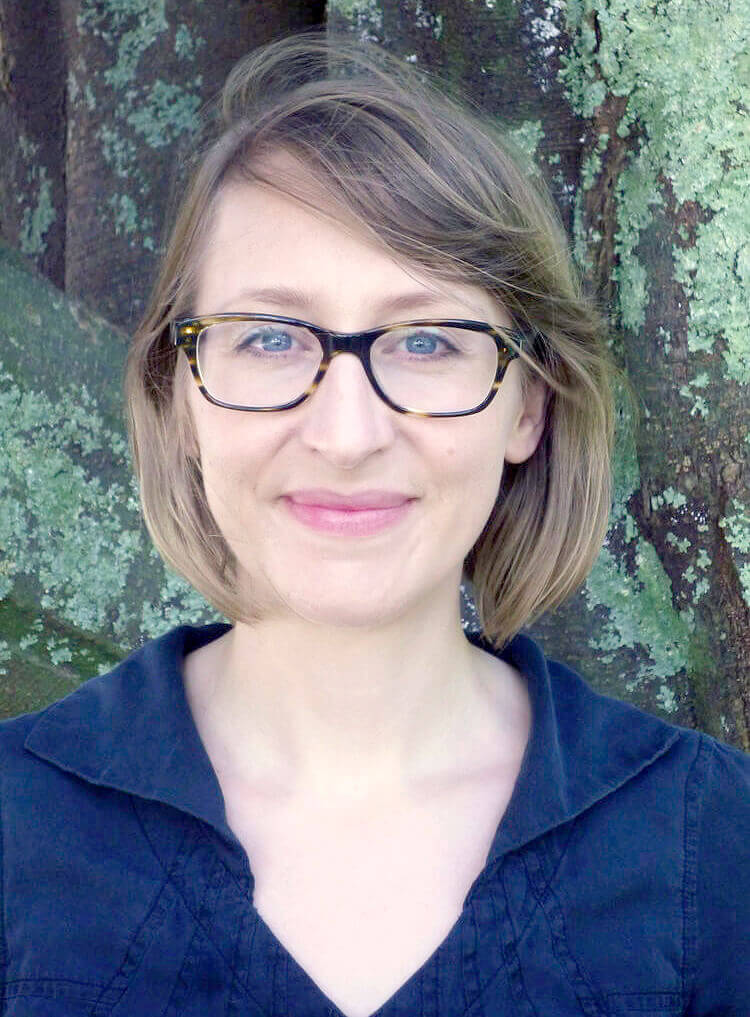
The second guest writer master class in the new Writers’ Block series was poet Allison Hutchcraft, whose new collection, Swale, was recently published. Writers’ Block, along with the English Department and PANART, hosted Hutchcraft, who is the sister of Poly English teacher Christy Hutchcraft, on Nov. 13.
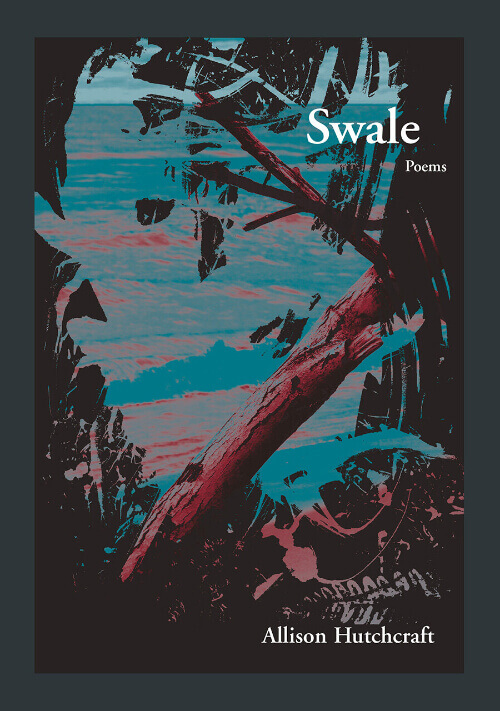
Swale was named the 2019 Editor’s Choice by New Issues Poetry & Prose. Allison Hutchcraft teaches Creative Writing at the University of North Carolina at Charlotte. Her work has appeared in many journals including The Gettysburg Review, Kenyon Review, The Missouri Review, The Cincinnati Review, The Southern Review, and others.
In a review of Swales, essayist and poet Paisley Rekdal wrote, “Swales direct and slow the flow of rainwater, and this collection directs the reader’s attention to the ways the natural world has indelibly shaped our human consciousness and, in turn, the ways we have attempted to trap and tame the natural.”
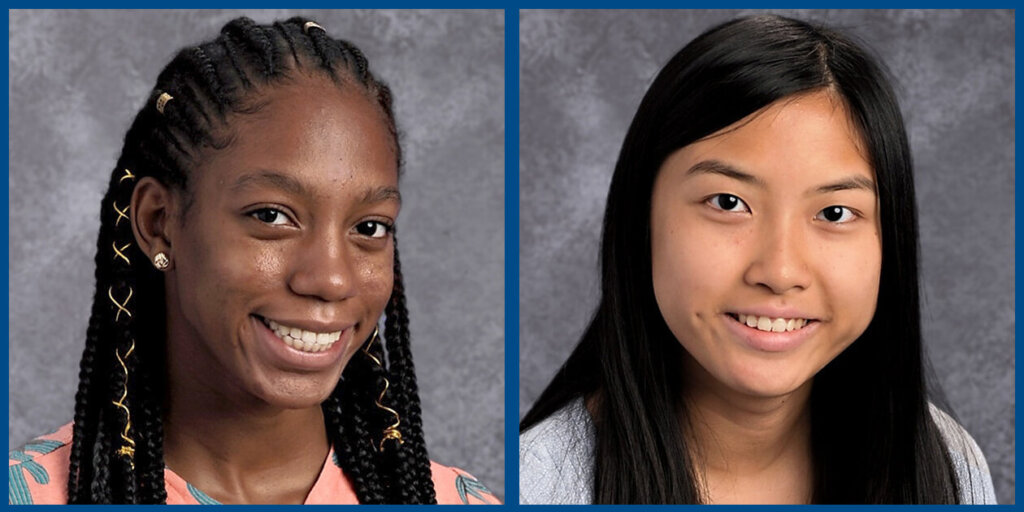
Christy Hutchcraft welcomed everyone on the Zoom call and introduced Kayla Thompson ’21 and Emily Ng ’21, the co-founders of Writers’ Block. Ng introduced Allison Hutchcraft.
Allison Hutchcraft began by explaining that “swale” is the place where land and water meet. She then read selected poems from her collection. Hutchcraft’s poems include vivid images from nature. A number of her poems were written in New York, including one about the Cloisters, one of her favorite spots. She told the students she invented a character, “Alice,” in the Cloisters. Other poems were inspired by her time in Oregon. She explained that for her a poem can “accumulate over time.” One poem included images of “winter by the sea… serrated edges thrust into cold air….The water looked like the crack I felt in me.”
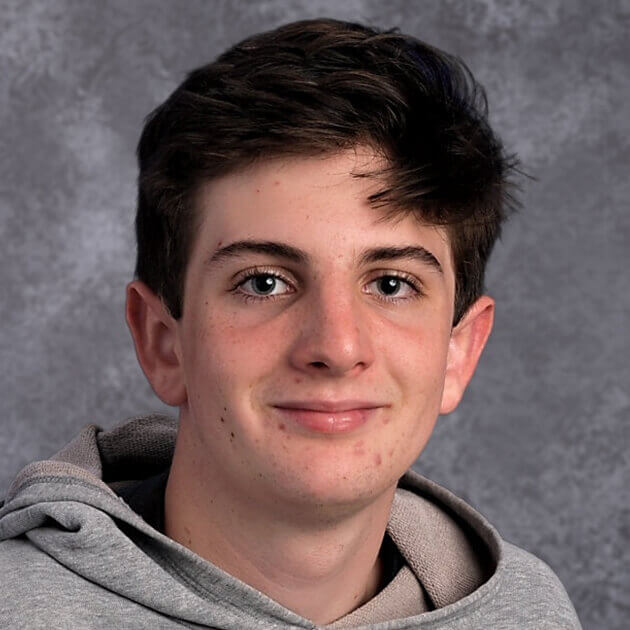
“I enjoyed how the poet incorporated nature and imagery through senses such as smell, touch, and sight,” said Antony Pfaffle ’23. “Allison Hutchcraft encouraged me to look at my writing through the lens of a person who is present in the scene of my writing and who is able to visualize and take in all of their surroundings, sights, smells, and feelings.”
After the readings, Ng and other students had a Q&A session with Hutchcraft. Ng asked about the role of nature in Hutchcraft’s work. “Sometimes it comes unbidden,” she said. Hutchcraft explained that she grew up in southern California and “loves space, edges, and the places where land and water meet… I love how awake the natural world makes me.”
Asked if she had any setbacks, Hutchcraft said, “Setbacks are part of the experience” underneath the act of writing. She described herself as “very slow as a writer,” and added, “I am glad they [the poems] find a home.”
Hutchcraft told the students how important the “idea of discovery” is for a writer, adding that “a plan can limit us from the very exciting process of writing… If there is not a discovery for the writer, then there is not a discovery for the reader.”
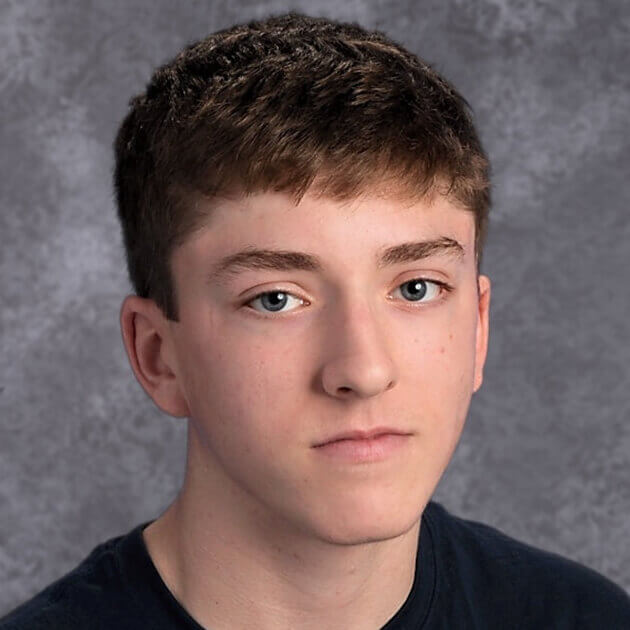
“Why do you write?” asked Milo Tierney ’21. “It’s not a choice,” Hutchcraft said, describing a writer as having an “intimacy with language.” She said she usually starts a poem with a tactile word. “In Oregon [at the Sitka Center for Art & Ecology], I touched things more in nature.” She described being at the center where she saw photographers, painters, and sculptors picking up things found in nature.
“In the art course that I am taking this year,” said Kayla Thompson, “I learned that research plays a vital role in the creation of artwork. Allison Hutchcraft’s work confirms that observation. As I read her poems, I replayed a part of a video I watched in which an artist collected scraps of images and various facts in order to compose her art. Allison’s work has that same impact.”
Allison Hutchcraft closed the session with a short writing exercise. She asked the students to compose a poem of 10 lines in free verse. “Use all of the following words,” she said, including cliff, husk, wrist, blackberry, mother, promise, scrape, and ignite. She asked them to also include one question and one indisputable fact.
Afterward, Milo Tierney shared his poem:
His mother carried him all the way to the edge of the blackberry patch,
Beneath her feet that scraped the terrain,
The grass turned to dirt, and the dirt, to dust.
Where are we he asked.
Here. She responded
The edge of the cliff glittered from the blinding
Sun. She set him down next to what looked like an elephant husk halfway buried in the ground.
Her feet dragged to the car parked by the edge, and she put the keys into ignition.
The next Writers’ Block guest author will be Evan James on Friday, January 29. His work includes I’ve Been Wrong Before: Essays and Cheer Up Mr. Widdicombe: A Novel.

